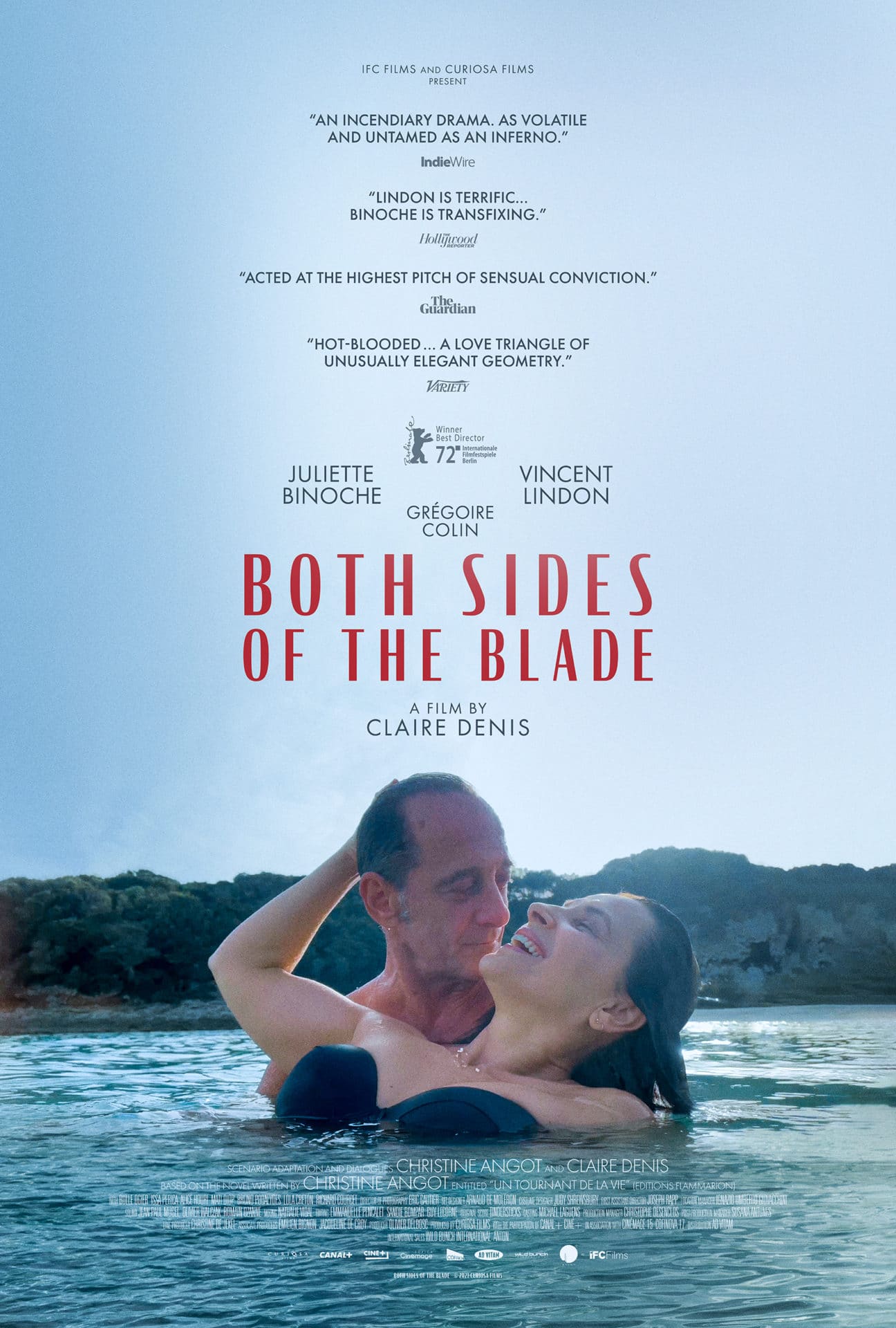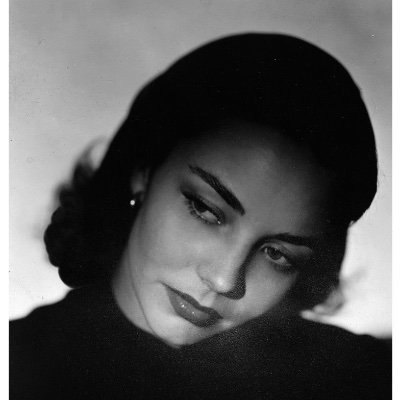
- Starring
- Juliette Binoche, Vincent Lindon, Grégoire Colin
- Writers
- Christine Angot, Claire Denis
- Director
- Claire Denis
- Rating
- n/a
- Running Time
- 116 minutes
- Release Date
- July 8th, 2022
Overall Score
Rating Summary
Claire Denis’ latest contemplative study of the boundaries that separate well-heeled, middle class individuals from acting out their animalistic impulses is less maddeningly opaque than one might expect it to be. Denis’ films generally avoid following traditional narrative beats and she regularly writes characters who remain at an emotional remove from the audience. In rejecting conventional storytelling principles, she establishes herself as a defiantly anti-commercial artist who challenges audience members to take interest in the lives of human beings who they are not encouraged to identify with in any way.
This approach ostensibly prevents her from producing mawkish melodramas that value cheap sentiment above formalistic rigor, but it can also have the effect of leaving the audience out at sea. On occasion, one begins to feel as though they’re only being presented with a half-formed idea that has only really taken shape inside of Denis’ head. The experience of digesting one of Denis’ arthouse flicks can often be perplexing, so it would be unfair to fault anyone for approaching Both Sides of the Blade with a certain amount of trepidation.
In many regards Both Sides of the Blade feels like one of her most accessible films, as it serves as more of a character study than many of her other efforts. She trains her focus upon Sara (Binoche), a beautiful middle aged woman who is happily engaged in a long-term relationship with Jean (Lindon), a retired rugby player. Their peaceful idyll is interrupted when Sara encounters François (Colin), her former lover, on the street. When Sara first met Jean, she was living with François and chose to abandon the latter in order to be with the former. When she falls back into bed with François, it puts a strain on her relationship with an increasingly insecure Jean. She remains in denial about the difficult position that she has placed herself in and struggles to choose between the two men in her life.
This narrative will be familiar to anyone who has ever seen a domestic drama before, but Denis applies her own stylistic flourishes to her telling of this moral fable. Early on, audiences will recognize that Denis has more interest in considering the trappings of the social environment that Sara and Jean inhabit than she does in watching them fight over the struggles that they face. The real subject of the film is the emotional stasis that they wrestle with and not the outcome of Sara’s struggle to choose between two different lovers. As played by Binoche, she is a worn down husk of a woman with nothing to show for her efforts to become a responsible adult. Every aspect of the stable, comfortable lifestyle that she leads with her current lover seems suffocating but even her illicit trysts with François lack a sense of passion and urgency. Even when she does something that should be transgressive and shocking, she gives off the appearance of letting life pass her by. Nothing seems to fully shake her out of the fugue state that she’s trapped in and her affair becomes a coping mechanism of sorts.
Denis’ refusal to allow audiences to form emotional bonds with characters actually serves a rather nifty purpose here, as it provides the ability to understand that everybody in this world is dead inside. We can look upon them from an anthropological point of view because they themselves are the sort of overly educated academics who are able to stand back from every situation and analyze it in a cold, dispassionate manner. This sort of malaise is commonly found in European art films so fans of Michelangelo Antonioni and Theo Angelopoulos will be delighted by the fact that Denis appears to be resurrecting the breed of “Come-Dressed-as-the-Sick-Soul-of-Europe” cinema that supposedly died out when poetic existentialism lost its social currency amongst members of the beatnik community. This feels like a throwback to a different era in so many ways and it should appeal to viewers who do not typically respond to Denis’s filmmaking style.
There is a strong chance that her diehard fans will dismiss Both Sides of the Blade as a minor work from an auteur who is capable of producing far more challenging fare. It should also be noted that it might suffer from the fact that everyone involved in this project has recently been involved in far more attention grabbing festival hits.
These factors shouldn’t prevent this finely wrought drama from connecting with those who have grappled with anhedonia at some point in their lives.
still courtesy of IFC Films
If you liked this, please read our other reviews here and don’t forget to follow us on Twitter or Instagram or like us on Facebook.

I am passionate about screwball comedies from the 1930s and certain actresses from the Golden Age of Hollywood. I’ll aim to review new Netflix releases and write features, so expect a lot of romantic comedies and cult favourites.

